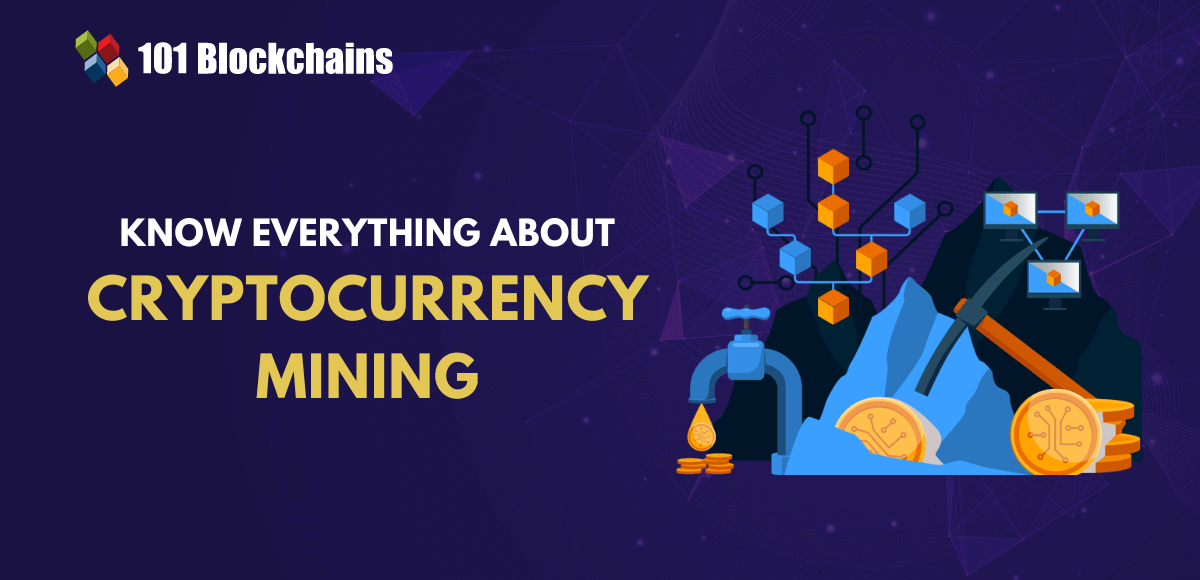cryptocurrencies all
Cryptocurrencies all
If you want to buy a particular cryptocurrency but don’t know how to do it, CoinCodex is a great resource to help you out. Find the cryptocurrency you’re looking for on CoinCodex and click the „Exchanges“ tab https://awmopen.com/free-spins/nodeposit/. There, you will be able to find a list of all the exchanges where the selected cryptocurrency is traded. Once you find the exchange that suits you best, you can register an account and buy the cryptocurrency there. You can also follow cryptocurrency prices on CoinCodex to spot potential buying opportunities.
However, not all cryptocurrencies work in the same way. While all cryptocurrencies leverage cryptographic methods to some extent (hence the name), we can now find a number of different cryptocurrency designs that all have their own strengths and weaknesses.
In January 2024 the SEC approved 11 exchange traded funds to invest in Bitcoin. There were already a number of Bitcoin ETFs available in other countries, but this change allowed them to be available to retail investors in the United States. This opens the way for a much wider range of investors to be able to add some exposure to cryptocurrency in their portfolios.
Are all cryptocurrencies mined
The most advanced operations make use of specialized hardware called ASICs (application-specific integrated circuits). Other methods rely on high-end graphics processing units, commonly referred to as GPUs.
A business structure can be a good idea if your mining operation has multiple owners. You can create a business contract that outlines details like ownership stake and what percentage of profits each owner is entitled to.
The crypto mining system incentivizes security. Miners must successfully and correctly validate transactions, meaning that these individuals safeguard the same cryptocurrency they strive to receive as payment.
Bitcoin is the most well-known example of a cryptocurrency that can be obtained in this way. Other popular tokens, like Ethereum, utilize a different system called “proof of stake” and don’t rely on mining.
Using an online mining calculator, we can determine that the daily profit for 100 TH/s could be around $5-10, depending on electricity costs and other variables. Keep in mind that this is just an estimate; actual profitability fluctuates with network difficulty and Bitcoin’s price.
Legality: Regulations on crypto mining depend on the country of residence. Miners should check the regulatory policies and protocols of their countries. For example, Bitcoin mining is legal in most countries but not across all US states.

Are all cryptocurrencies based on blockchain
Blockchain forms the bedrock for cryptocurrencies like Bitcoin. This design also allows for easier cross-border transactions because it bypasses currency restrictions, instabilities, or lack of infrastructure by using a distributed network that can reach anyone with an internet connection.
We wouldn’t have the likes of Ethereum, and meme coins like Dogecoin and Shiba Inu had it not been for his bold venture. And if cryptocurrency is like Instagram and Twitter, blockchain is the entire social media. We really have seen just the tip of the iceberg!
Because of the decentralized nature of the Bitcoin blockchain, all transactions can be transparently viewed by downloading and inspecting them or by using blockchain explorers that allow anyone to see transactions occurring live. Each node has its own copy of the chain that gets updated as fresh blocks are confirmed and added. This means that if you wanted to, you could track a bitcoin wherever it goes.
Blockchain and DLTs could create new opportunities for businesses by decreasing risk and reducing compliance costs, creating more cost-efficient transactions, driving automated and secure contract fulfillment, and increasing network transparency. Let’s break it down further:
Bitcoin is a perfect case study of the inefficiencies of blockchain. Bitcoin’s PoW system takes about 10 minutes to add a new block to the blockchain. At that rate, it’s estimated that the blockchain network can only manage about seven transactions per second (TPS). Although other cryptocurrencies, such as Ethereum, perform better than Bitcoin, the complex structure of blockchain still limits them. Legacy brand Visa, for context, can process 65,000 TPS.


